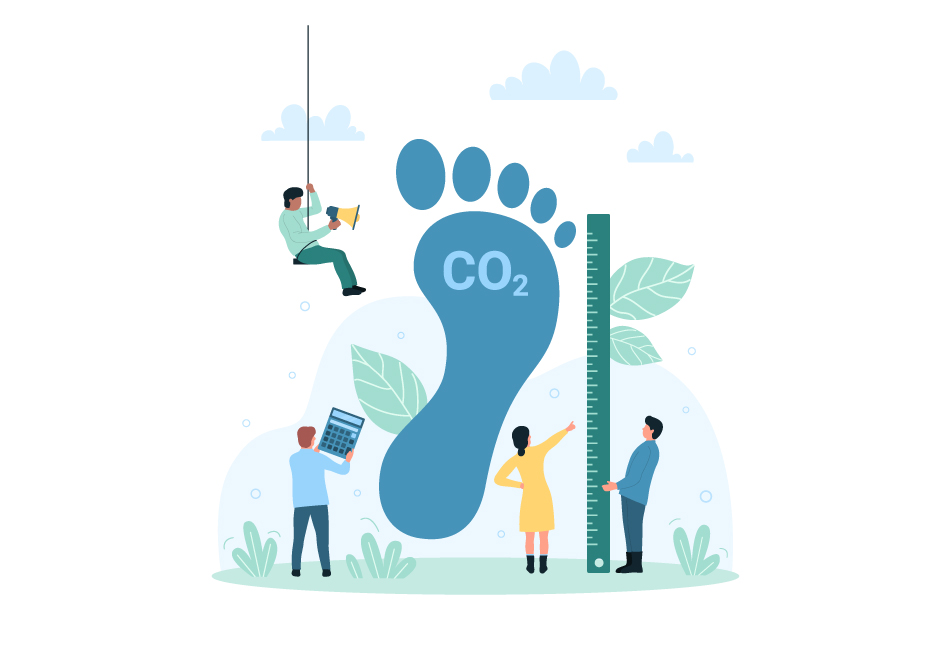
The richest 10% of the population produce almost four times more CO2 equivalents than the poorest 10%, as they consume more on average than poorer people. Swiss climate policy should therefore be made more socially responsible.
The per capita emissions of a Swiss household increase significantly with income because richer households consume more on average than poorer ones. On average, the richest 10% of the resident population are responsible for 18.7 tons of CO2 equivalents per year through their consumption. That is almost four times more than the poorest 10% emit. Larger households such as families cause fewer emissions per capita than smaller ones, and younger people more than older ones. These are the findings of a study (german) by Caritas Switzerland and the Zurich University of Applied Sciences (ZHAW). It provides important clues as to how Swiss climate policy can be made more socially responsible.
Increased mobility causes more emissions
The study also shows that emissions from transportation rise sharply with income, much more so than the emissions caused by housing. «People with more money drive and fly much further and more often», says Aline Masé, Head of Social Policy at Caritas Switzerland. When it comes to heating, on the other hand, the differences are much smaller, as there are certain limits to the consumption of more living space and room temperature and richer people tend to live in newer, better insulated homes.
How should a socially responsible climate policy be designed?
From these findings, conclusions can be drawn as to how a socially responsible climate policy must be designed. A socially just climate policy must place particular responsibility on the rich. However, this is currently not the case enough: if heating in particular is made more expensive, as has been the case to date, poorer households will bear a larger share of the additional costs than if petrol and diesel were made more expensive. «An incentive tax on petrol and diesel is the right thing to do from a climate and social policy perspective - and is more socially acceptable than the existing incentive tax on heating», says Aline Masé. As is currently the case with the CO2 tax on fuels, as much of the tax as possible should be redistributed equally to the population.
About the study
The data on household income and expenditure used by the ZHAW in its study comes from the Federal Statistical Office's household budget survey. This records all goods consumed by a household within a month. The study calculates the resulting greenhouse gas emissions in CO2 equivalents, also taking into account the gray emissions of the consumed goods that occur during production.